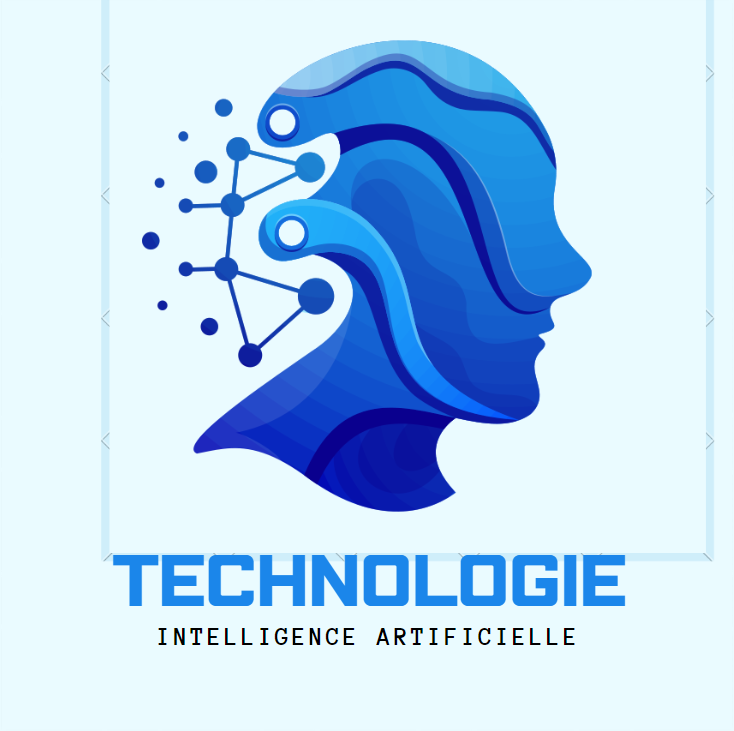big data in health
Big data in health refers to the vast quantities of data generated by healthcare activities, encompassing patient records, clinical trials, medical imaging, genomic sequences, wearable devices, and more.
 |
| big data in health |
The integration of big data into healthcare has the potential to revolutionize patient care, research, and healthcare system management by providing deeper insights and enabling more precise, personalized interventions
Sources of Big Data in Healthcare
big data in healthcare is derved from a wide variety of sources .Here are the primary sources:
- Electronic Health Records (EHRs):Digital versions of patients' paper charts that include comprehensive medical history, diagnoses, medications, treatment plans, immunization dates, and test results.
- Medical Imaging: Data from diagnostic imaging technologies like MRI, CT scans, and X-rays.
- Genomic Data: DNA sequencing information used for personalized medicine and understanding genetic predispositions.
- Wearable Devices and Sensors: Data collected from devices that monitor physiological parameters such as heart rate, blood pressure, and glucose levels in real-time.
- Administrative Data: Information related to healthcare management, billing, insurance claims, and patient demographics.
- Clinical Trials: Data from research studies evaluating the effectiveness and safety of medical interventions
big data in healthcare is sourced from diverse origines,each provinding unique insights that contribute to the comprehensive understanding of health and disease
Applications of Big Data in Healthcare
Big data has numerous applications in healthcare, driving improvements in patient care, operational efficiency, and medical research. Here are some of the key applications:
- Personalized Medicine: Tailoring medical treatment to individual patient characteristics by analyzing genetic, environmental, and lifestyle data. This can lead to more effective therapies with fewer side effects.
- Predictive Analytics: Using historical and real-time data to predict future health events, such as disease outbreaks, hospital readmissions, and patient deterioration, enabling proactive care.
- Population Health Management: Analyzing health trends and outcomes at the population level to identify high-risk groups, inform public health strategies, and implement preventive measures.
- Operational Efficiency: Optimizing hospital operations, reducing costs, and improving resource allocation through data-driven insights. This includes managing patient flow, scheduling staff, and ensuring adequate supply chain management.
- Drug Discovery and Development: Accelerating the development of new drugs by analyzing large datasets from biomedical research, clinical trials, and patient records to identify potential drug targets and predict therapeutic outcomes.
- Clinical Decision Support: Enhancing the decision-making process for healthcare providers by integrating evidence-based guidelines with real-time patient data, leading to improved diagnosis and treatment.
Challenges in Big Data in Healthcare
The use of big data in healthcare presents numerous challenges across various domains, including data management, privacy, and practical application. Here are some of the key challenges:
- Data Privacy and Security: Ensuring the confidentiality and security of sensitive patient information is paramount. Healthcare data must be protected against breaches and comply with regulations such as HIPAA and GDPR.
- Data Integration and Interoperability: Healthcare data is often siloed across various systems and formats, making integration and seamless data exchange challenging. Standards like HL7 and FHIR aim to address these issues.
- Data Quality: High-quality data is essential for reliable analytics. Incomplete, inaccurate, or inconsistent data can lead to incorrect conclusions and suboptimal decisions.
- Ethical Considerations:The use of big data raises ethical issues related to consent, data ownership, and potential biases in algorithms. Ethical frameworks and oversight are necessary to address these concerns.
Addressing these challenges requires a multidisciplinary approach, combining expertise in healthcare, data science, cybersecurity, and ethics, along with continuous collaboration between technology developers, healthcare providers, policymakers, and patients.
Conclusion: Big data in health has the potential to revolutionize the healthcare industry by providing deeper insights, improving patient outcomes, and optimizing operational efficiencies. The integration of vast amounts of health data—from electronic health records, genomic data, and wearable devices—enables more precise and personalized medicine. Predictive analytics can identify disease trends, forecast outbreaks, and improve preventive care strategies. However, the successful implementation of big data in health also requires addressing significant challenges, such as ensuring data privacy and security, managing data quality, and fostering interoperability among diverse data systems. By overcoming these hurdles, big data can significantly enhance healthcare delivery, making it more efficient, effective, and patient-centric.
التسميات
Artificial Intelligence
